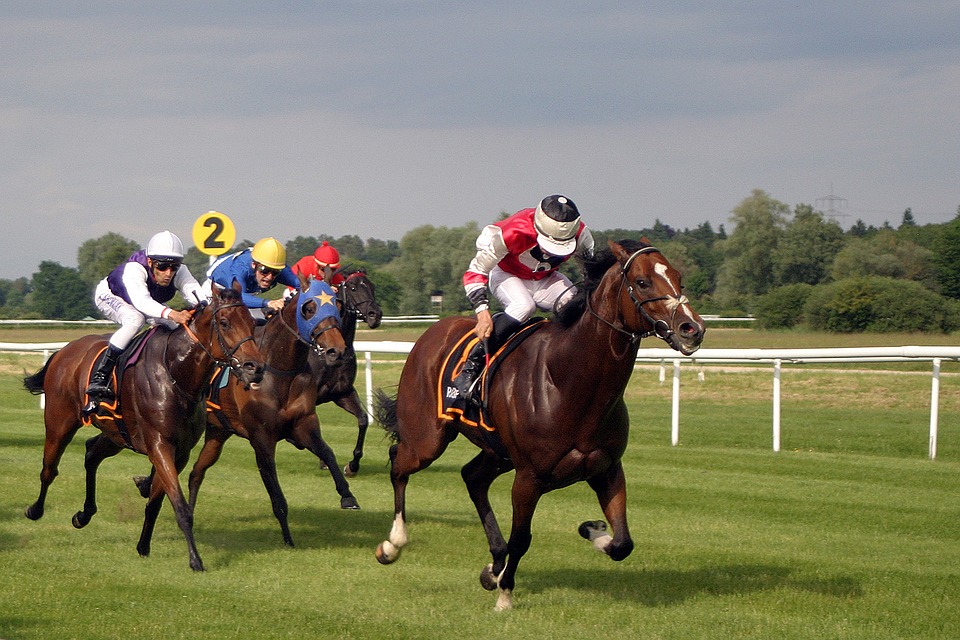The horse racing industry has increased in value exponentially since regulated races with prize purses first began centuries ago and a large part of that can be owed to the various revenue streams that continue to fund it.
Horse racing itself is an incredibly popular sport that is deep-rooted in British culture and is now showcased in areas all over the globe. It is an entertainment product that captures the eyes of millions for its biggest events and that alone is an indirect driver for revenue influxes.
Here we will look at horse racing’s main sources of revenue in its present format, as well as some of the biggest individual corporations behind its ongoing success in the United Kingdom.
Sponsorships
Sponsorships make up a huge part of the revenue that comes into the industry. Specifically, bookmakers have always maintained strong ties with the sport; in the 21st century, they have even begun sponsoring individual events.
Paddy Power holds naming rights for several Cheltenham Festival races including the Stayers’ Hurdle which according to the horse racing odds will feature this year’s winner Teahupoo as a 7/2 favourite to win again in 2025.
The horse race results are featured on the bookmaker’s site throughout the largest festivals that take place across the year. However, the only certain result is that brands that attach their image to the prestigious festivals will receive huge exposure due to the millions that attend in person and watch at home.
Boodles is an example of another brand that undoubtedly plays a big part in maintaining lucrative prize purses in horse racing. The exact figures of sponsorship deals are typically not revealed, although as a Cheltenham Gold Cup sponsor – until at least 2027 – and an associate of the Jockey Club, the luxury jewellery brand can be assumed to be one of the corporations making the biggest impact.
Sponsors will always make up a huge part of the sports revenue as they offer regular revenue streams that sometimes enter millions of pounds just to have their branding present at racecourses and specific events.
Broadcast deals
Broadcast deals are also vitally important to horse racing’s overall revenue, as they similarly provide large funding without the sport giving up anything in return
ITV currently hold exclusive rights over the coverage of UK racing’s Crown Jewel events in a deal that will last until the end of 2026.
The terrestrial television provider initially captured the rights in 2016 in a deal that was worth around £30 million over four years. That figure has surely climbed significantly following two renewal periods which means UK racing is likely receiving around £10 million per year from selling broadcast rights alone.
Brands – be they simply sponsors or broadcast partners – simply account for the vast majority of horse racing’s revenue pool. Sponsorships and broadcast deals combined make up tens if not hundreds of millions in income every single year.
If it wasn’t for UK racing’s lucrative agreements with various corporations then events like the Grand National and Cheltenham would not be quite as large and they certainly would not be able to offer prize purses exceeding £1 million in some of the biggest races.
